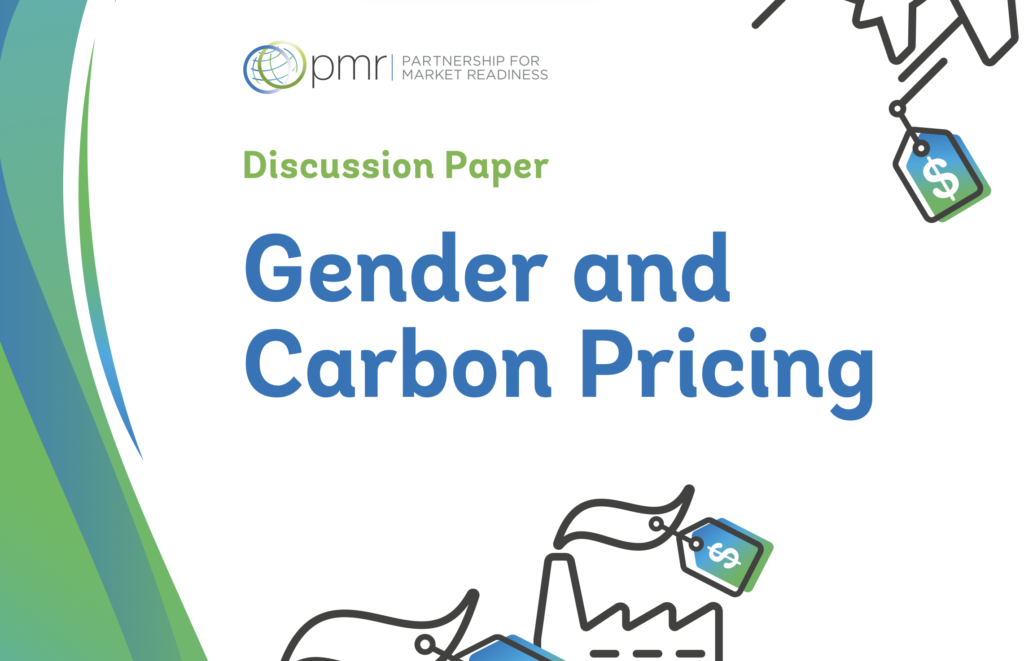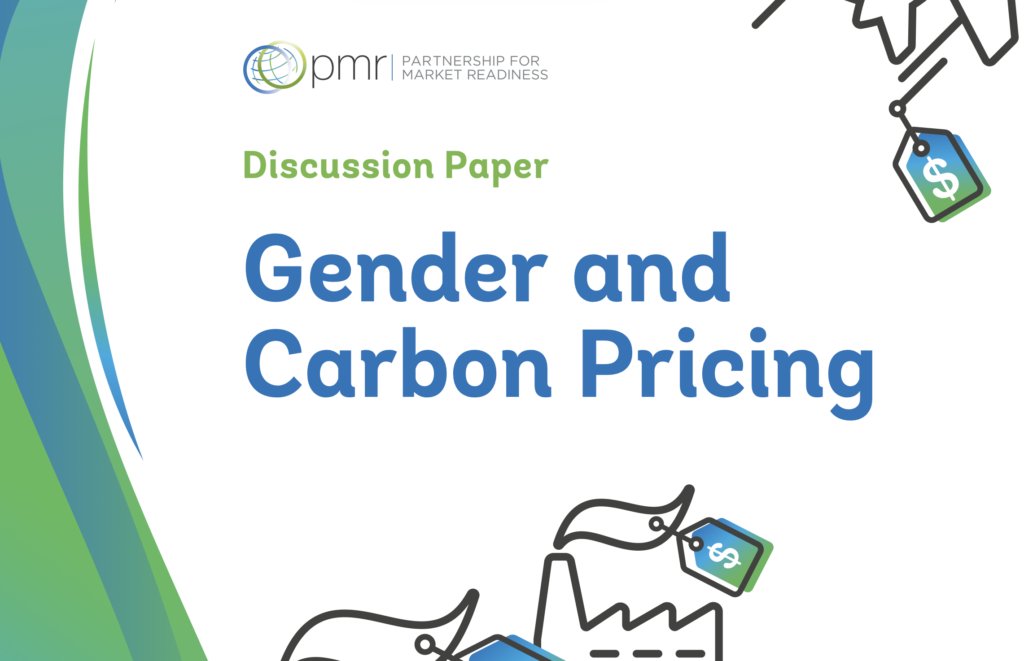
There is a considerable body of literature focusing on gender and climate change. However, research has traditionally focused on gender and adaptation or gender and vulnerability. This paper focuses on how women and men are represented in the policy making process (i.e. procedural issues) and offers some preliminary observations on how they may be differently affected by a carbon price (i.e. the distributional impacts). The paper also makes extensive reference to the W+ Standard certification as a solution for measuring women’s empowerment.
When looking at carbon pricing policies, there is a growing body of work and policy best practices that look at the social implications of putting a price on carbon, but the gender dimension has largely been unaddressed. Ex-post and ex-ante studies on the distributional impact of carbon pricing have focused instead on different sectors, geographic regions and income levels.
The lack of research on the nexus between gender and carbon pricing may be partly due to the absence of an established methodology or conceptual framework drawing from different disciplines and the variety in design of carbon pricing policies, the latter of which can make it hard to make more generalized findings.

